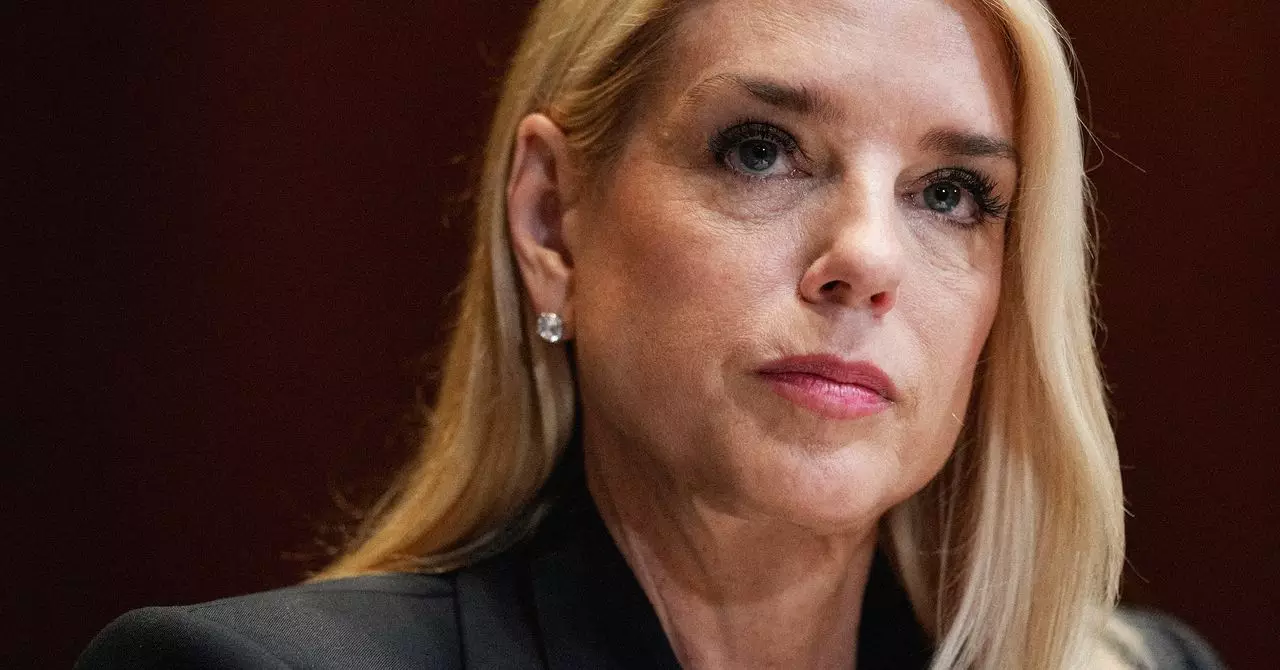The recent revelation of secret communications between the US Department of Justice and major tech giants exposes a complex web of legal and political maneuvering that surpasses the surface-level conflict over TikTok. While on paper, the US government remains committed to banning TikTok due to national security concerns, behind the scenes, influential tech companies are quietly shielded from legal repercussions. This covert alignment raises profound questions about the integrity of governmental authority and the sway of corporate power within the digital landscape. The clear message from the Justice Department—that companies like Apple, Google, and Microsoft are effectively immunized from liability—undermines the very principles of the rule of law that underpin democracy. It suggests a corporate carve-out that may function more as a reward for access than a matter of legal clarity, subtly shifting the balance of power toward Silicon Valley’s interests at the expense of national security policies.
The Politics of Delay: Strategic Negotiation or Legal Evasion?
The extended negotiations around TikTok’s fate—delayed by executive orders and diplomatic discussions—reveal more about political strategy than genuine security concerns. President Trump’s decision to grant further delays in enforcing the ban, coupled with Attorney General Pam Bondi’s assurances to major tech companies that they face no liability, crafts a narrative that favors ongoing negotiations over decisive action. If the legality of these delays is debatable—particularly given constitutional questions surrounding executive overreach—the practical effect is a stalling tactic that benefits tech giants with vested interests. The swift reappearance of TikTok in app stores despite a legal ban exemplifies the power asymmetric negotiation affords corporations, where government intentions are repeatedly sidestepped through strategic legal disclaimers and the promise of future compliance. It begs the question: are we witnessing a genuine effort to safeguard national security, or a calculated move to preserve the financial and political influence of the tech industry?
The Implications for Democracy and Trust
Beyond legal technicalities, what does this reveal about the erosion of democratic accountability? When government agencies outsource enforcement and selectively grant immunity, they risk contributing to a culture where corporate interests prevail over the collective good. The disclosures hint at a disturbing pattern where compliance is engineered not through transparent rule enforcement but through behind-the-scenes assurances that shield companies from penalties—an arrangement that assaults the very notion of fairness and justice. Public trust in the government’s ability to regulate industry equitably becomes fragile when such covert dealings surface. These revelations threaten to deepen skepticism toward political institutions, fostering a climate in which corporate influence can distort policymaking under the guise of legal compliance. If unchallenged, this paradigm may set a dangerous precedent: that corporate dominance can circumvent democratic oversight, weakening the institutional integrity necessary to protect citizens’ rights and national security.
Challenging the Narrative: Who Truly Holds the Power?
The story also prompts us to question who actually holds the fate of TikTok and other technology policies in their hands. Is it the elected officials upholding national security, or is it a shadow network of legal advisers and corporate lobbyists shaping outcomes behind closed doors? The language used in the leaked letters demonstrates a deliberate—or at least coordinated—effort to absolve these corporations of culpability, effectively making them untouchable in the eyes of law. Such a strategy not only benefits those companies financially but subtly shifts the policy landscape, turning legal obedience into a matter of executive privilege rather than statutory obligation. This maneuvering hints at a larger trend where policymaking becomes intertwined with corporate lobbying, diluting the democratic process and undermining the legitimacy of regulatory frameworks meant to serve the public interest.
Looking Forward: The Cost of Corporate-Driven Policy
As the dust settles on this clandestine exchange, the broader implications remain unresolved. Will this silent immunity embolden tech giants to operate with even less accountability, confident that legal protections can be purchased or secured through negotiations? Is the government willing to prioritize corporate interests over genuine national security concerns? The answers point to an unsettling future where transparency is sacrificed, and public trust continues to erode. This scenario underscores the urgent need for reform—restoring the line between corporate influence and governmental authority—before the digital policy landscape becomes irrevocably skewed in favor of those wielding the most economic and political power. Only with courage and decisive governance can the true balance between innovation, security, and accountability be maintained.

